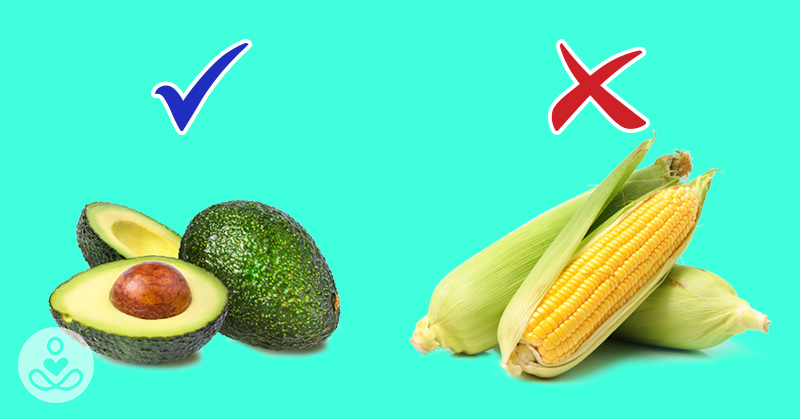LCHF, short for low carbohydrate, high fat, is a relatively new term in the diet industry, but the concept behind it is not new. The LCHF Diet combines principles from the Atkins and Ketogenic diets, which have been around since the 1970’s and 1920’s, respectively. While LCHF diets are popular for weight loss, they also offer additional health benefits such as improvements in type-2 diabetes and cardiovascular disease risk factors. Achieving ketosis through an LCHF Diet may also lead to improvements in early onset Alzheimer’s and neurological disorders.
An LCHF Diet involves reducing carbohydrate intake and replacing them with healthy fats, while protein intake can also be increased to some extent. Carbohydrates can be lowered to as little as 20 grams per day, although the typical Western diet contains around 275 grams of carbohydrates per day. Unlike the Atkins and Ketogenic diets, an LCHF Diet does not require strict tracking of macronutrients.
The Ketogenic Diet, on the other hand, is more specific in terms of macronutrient ratios to induce ketosis. This diet limits daily net carbohydrates to 20 grams and typically consists of 75% fat, 20% protein, and 5% carbohydrates. However, an LCHF Diet is less restrictive and allows for a more flexible approach to carbohydrates.
When following an LCHF Diet for weight loss, reducing carb intake can lead to stabilizing blood glucose levels, increased insulin sensitivity, and a decrease in hunger. By incorporating the right amount of protein and high fiber foods, satiety and fullness can be improved. The LCHF Diet is easier to maintain in the long run compared to more restrictive diets.
Healthy fats, such as avocados, olives, nuts, organic dairy, and various oils, are staples of an LCHF Diet. Avoiding high carbohydrate foods and sugary treats is essential to staying within daily carbohydrate limits.
Possible side effects of an LCHF Diet include digestive issues like constipation and diarrhea, as well as headaches, dehydration, and insomnia. These side effects can be managed by gradually adjusting to the diet and ensuring a balanced intake of fats, proteins, and fiber.
Overall, an LCHF Diet offers a more flexible approach to low carb eating and may be easier to maintain than strict ketogenic or Atkins diets. It is a great option for individuals looking to control blood sugar, cravings, and sustain a reduced calorie diet long term.






